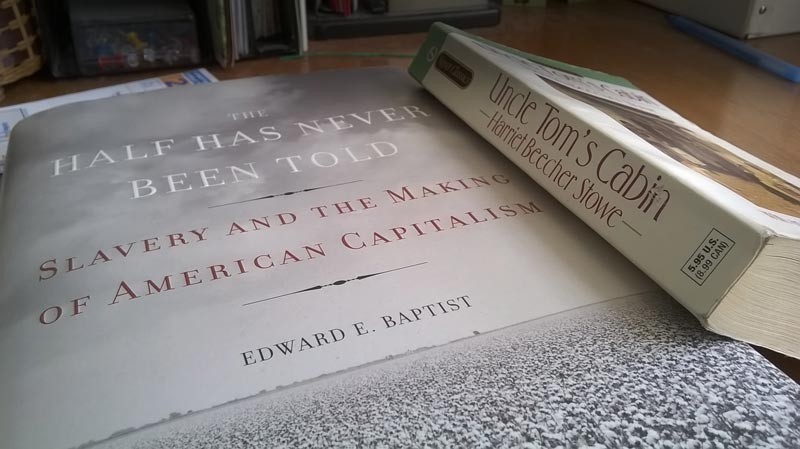

Slavery was clearly unethical, but it came from a simpler time. It seemed logical that the twin arcs of social progress and industrial innovation would steadily erase this phenomenon. Whistling, singing, calling-and-answering with each other. That was my passive, disconnected view of slavery: black men in straw hats, out in the beating sun, picking cotton from dawn until dusk, slowly. In university, I took an Introduction to Jazz course that taught me the earliest blues and jazz music came from songs on the cotton plantations.

The whole mess of slavery and colonialism and battles just seemed so archaic and faded.įor the longest time, I thought of slavery in abstract, textbook terms. I remember visiting Harpers Ferry (beautiful landscape, great for hiking) and Gettysburg (not as beautiful, but I guess people died here so I’ll be respectful). I had a thin veneer of knowledge - just enough historical backdrop to not seem totally ignorant.

I know that it had something to do with slavery, and that Abraham Lincoln ended slavery. The event I can most easily recall is probably that we burned down their White House during the War of 1812. I’m actually sorry that the review was retracted, both for the reasons I just mentioned, and because it inspired some brilliant takedowns of the piece in the Economist’s own comment thread.Growing up, I never learned much about American history. Of course, The Economist’s reviews are unsigned, so who knows who actually wrote it and how it got green-lit for publication. So it is a good thing to flush out the ideas and reveal them for what they are.

And their ideas still influence public policy and public discussion of race. Or that anyone still thinks slaves were “well-treated.” But in fact those people are still out there. slavery was a mild, paternalist institution. One of the challenges of writing a book about slavery is that a lot of the historians and journalists and students you talk to when you are writing the book are exactly the kind of people who can’t believe that anyone still thinks U.S. It is a rare gift when people reveal themselves for who they are and what they believe.


 0 kommentar(er)
0 kommentar(er)
